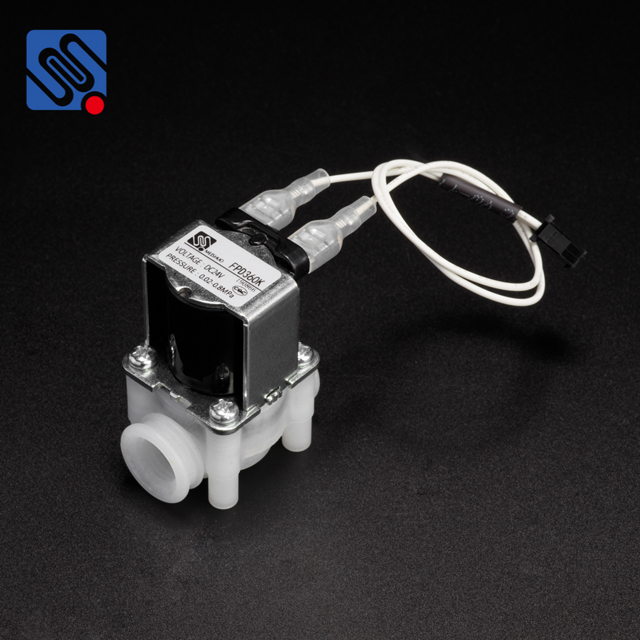A Water Treatment System Solenoid Valve plays a pivotal role in modern water management processes. Whether it’s for residential, industrial, or municipal applications, solenoid valves are critical in controlling the flow of water and ensuring that it undergoes the necessary treatments before being distributed for use. This article explores the function, importance, and benefits of solenoid valves in water treatment systems, shedding light on their essential role in maintaining water quality and efficiency.

What is a Solenoid Valve? A solenoid valve is an electromechanically operated valve that controls the flow of water or other fluids through a pipeline. It consists of a coil, a plunger, and a spring-loaded mechanism that operates the valve. When an electric current passes through the solenoid coil, it generates a magnetic field that moves the plunger, opening or closing the valve to regulate the flow of fluid. Solenoid valves are widely used in automated systems due to their quick response time, reliability, and ease of integration with control systems. Role of Solenoid Valves in Water Treatment Systems
Leave a Reply